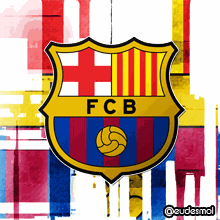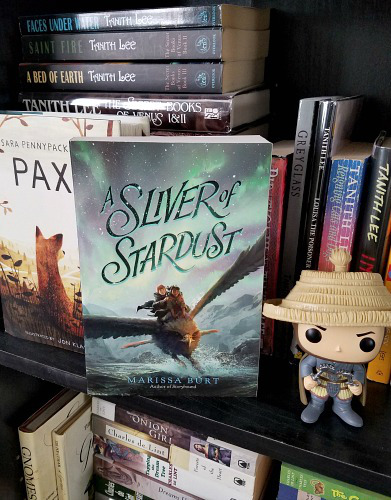‘And just as the medium obeys the voice that takes possession of him from beyond the grave, I submitted to the first proposal that came my way through the telephone’. – Walter Benjamin (1932)
In the early 1930s the German essayist and philosopher Walter Benjamin penned a weirdly prescient piece about technology simply titled ‘The Telephone’. Alongside other essays about his childhood in Berlin at the turn of the 20th Century, Benjamin depicts the sometimes haunting but oftentimes animated dynamics surrounding the family’s landline telephone. First, the phone was relegated to the darker recesses of the house, but later ‘the apparatus, like a legendary hero once exposed to die in a mountain gorge, left the dark hallway in the back of the house to make its way into the cleaner and brighter rooms that now were inhabited by a younger generation’. In another succinct paragraph he writes that,
‘Not many of those who use the apparatus know what devastation it once wreaked in family circles. The sound with which it rang between two and four in the afternoon, when a schoolfriend wished to speak to me, was an alarm signal that menaced not only my parents’ midday nap but the historical era that underwrote and enveloped this siesta’. – Walter Benjamin (1932)

Eight decades after Benjamin’s essay and it seems not much has changed about our relationships with the phone or technology in general. While phones are now mobile and almost ubiquitous, they’re still sites of contestation and ambiguity.
In 2010 when I conducted ethnographic interviews about intimacy in mobile communication between couples, almost all the interviewees reported mixed feelings, at one time cursing their mobile for being a socially corrosive element in their lives and in another instance describing the phone as an ‘absolute lifeline’. Michael Arnold calls this ambiguity the Janus-faces of mobile phones, that is, that mobiles ‘perform in ways that are ironic, perverse and paradoxical.’ In research Arnold calls for ‘foregrounding uncertainty’. A few other titles make similar points about ambiguity as part of phone culture, like Rich Ling and Scott Campbell’s Mobile Communication: Bringing Us Together and Tearing Us Part (2010) and Sherry Turkle’s paradoxically titled Alone Together (2011).
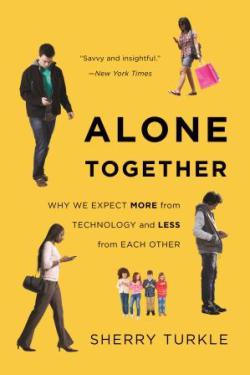
Alone Together by Sherry Turkle, 2011, Basic Books
It’s perhaps the ambiguity that is the most interesting dimension of phone culture, as compared to the dominant oppositions that often present in popular discourse. By extreme oppositions I mean that typically we are presented with narratives of how technology SAVES THE WORLD. Evidence of this is littered all over the web. See Quartz’s piece: Here’s how mobile technology is saving Africans from humanitarian disasters or How Mobiles Phones Are Transforming Africa. But, the most entertaining examples of techno utopianism are best exemplified by industry captains who just remind us that technology ROCKS!
The opposite presents in persuasive narratives about the dystopian effects of technology, look no further than Charlie Brooker’s brilliant Black Mirror series.
Or, for a more academically inclined version of dystopia, check out any of Adam Curtis’ documentaries, HyperNormalisation (2016) and All Watched Over by Machines of Loving Grace (2011), that expertly petrifies and persuades us of the sinister psychodynamics that prevail in society, often mediated by technology.
These extreme oppositions – Techno Utopia and Techno Dystopia – feel a little blunt, even simplified, considering how ambiguous we feel about our personal technologies.
It’s not easy navigating the somewhat weird in-between space of feeling both delighted and repulsed by technology (or what new technology enables).
To address this issue, the brilliant Amsterdam-based Next Nature Network present a compelling counter narrative, one filled with provocation and trepidation. They seem to be perpetually asking WHAT IF? Like, what if you could order a shoe made from your very own genetically modified stingray? The answer lies in their mockumentary titled The Rise and Fall of Rayfish Footwear.
Or, what if meat wasn’t animal based but rather grown in a lab? Check out their In Vitro Meat Cook Book.
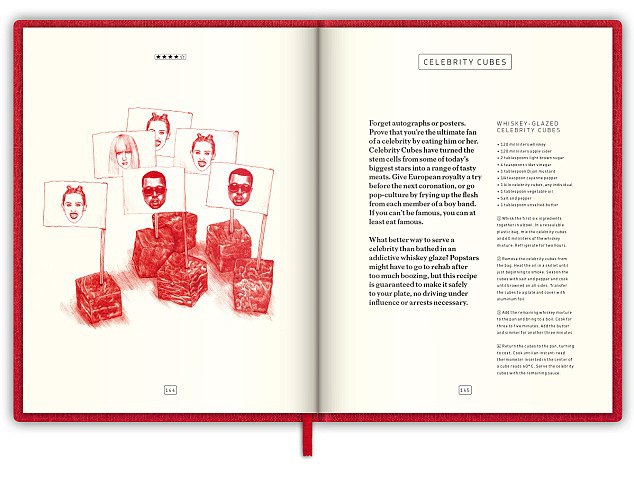
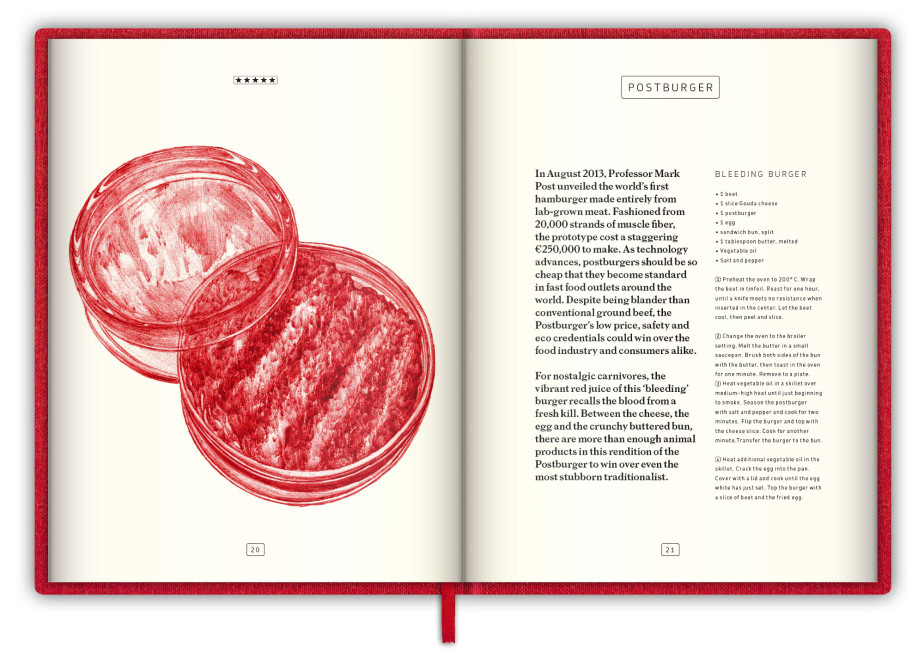

What emerges from Next Nature is a playful gesture to this in-between space of technology narratives that doesn’t spell disaster or enlightenment, but provocatively kickstarts your imagination about our relationship with technology. Rather than present a clear cut answer, their projects playfully illicit a reaction about the outer-limit possibilities of nature and culture.
Share this:


